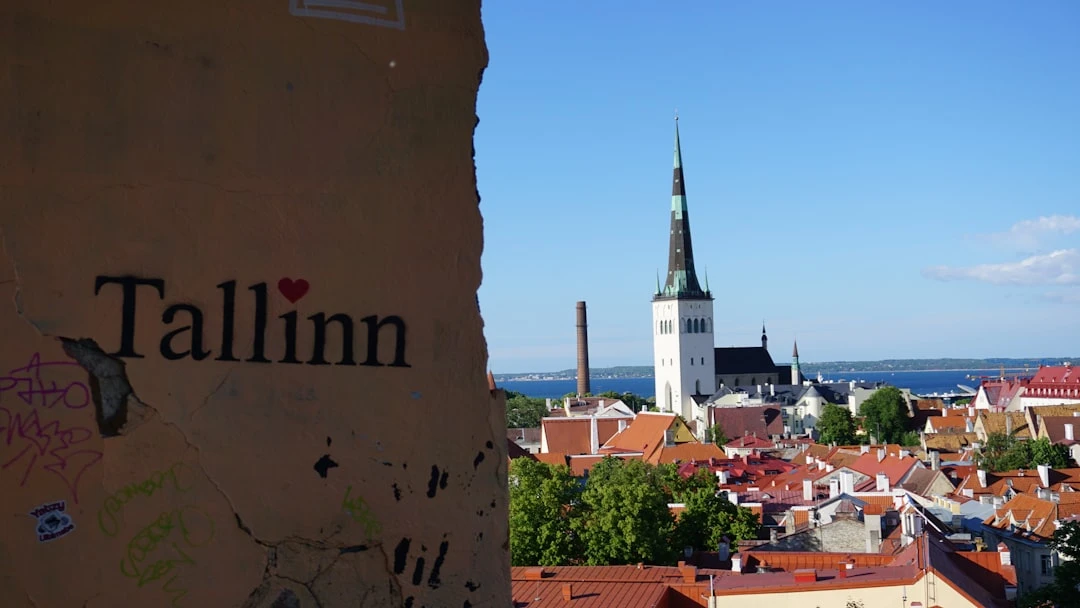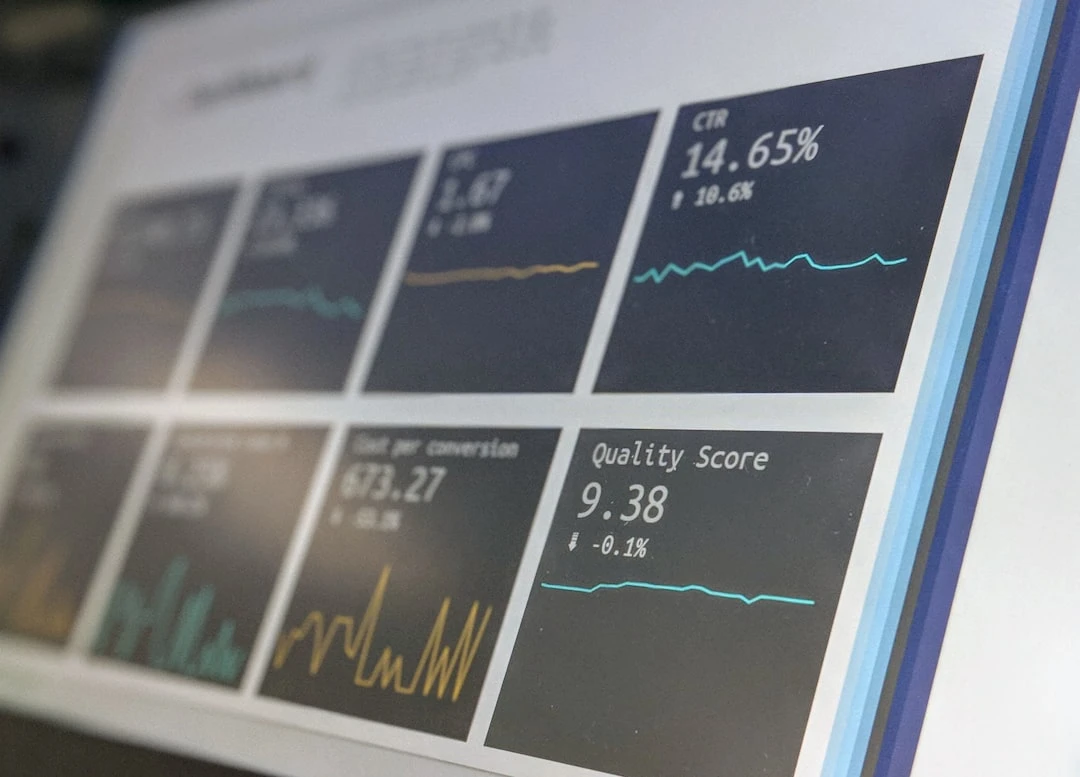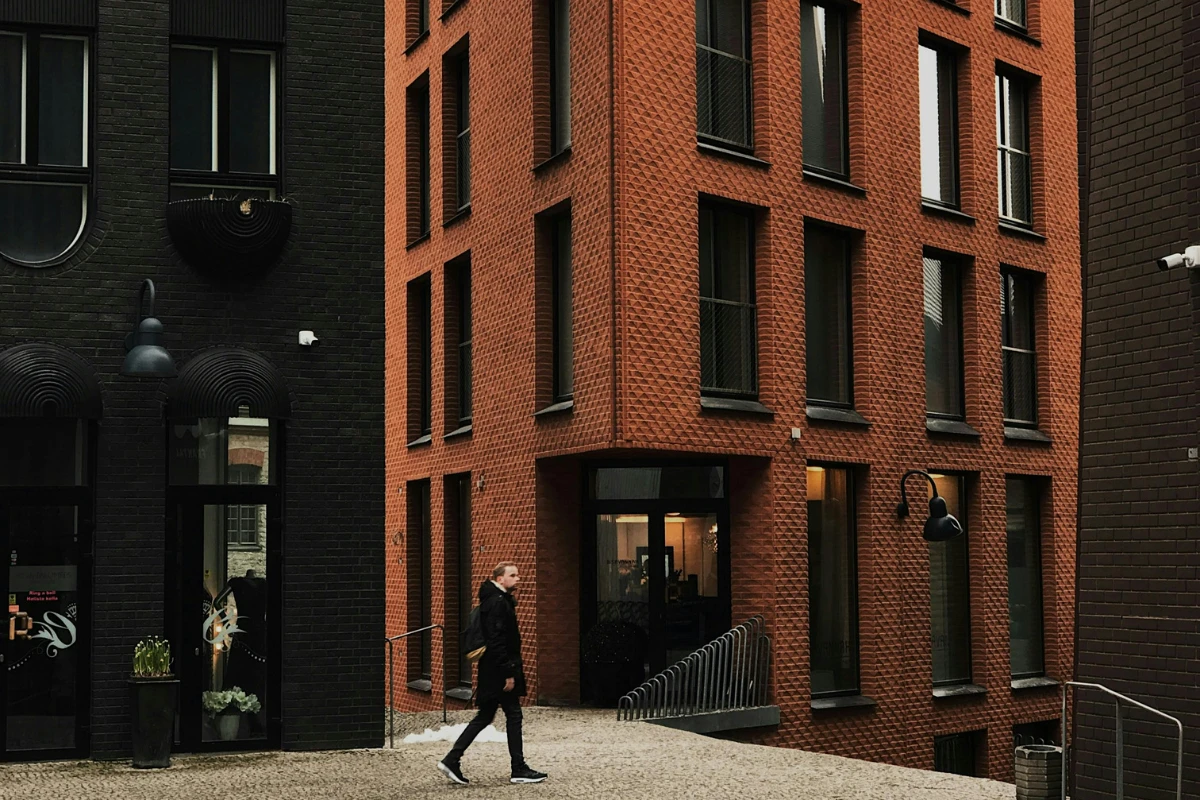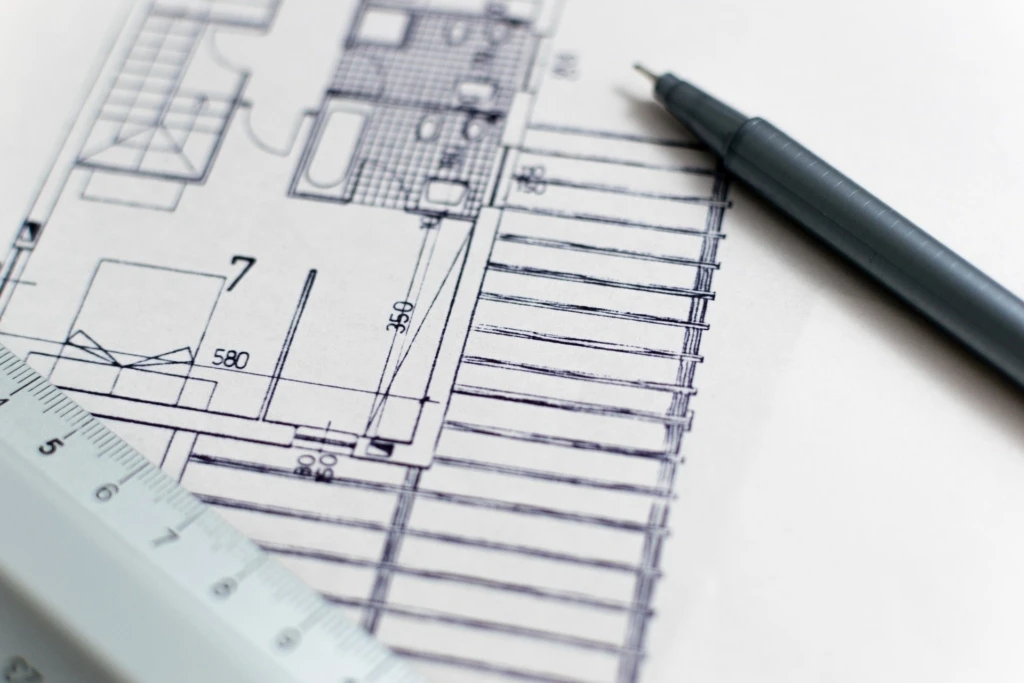Real Estate Market in 2025: Long Recovery Has Begun

The real estate market in 2025 is difficult to predict precisely, as there is still considerable instability. These observations are not predictions, but rather perspectives worth monitoring in the year ahead.
Risto Vähi, development manager at ELUM Kinnisvara, says we are entering the beginning of a long-term recovery. "The current crisis is different from previous ones. Its impact is not uniquely solvable, as the economic and political environment is very turbulent. New obstacles may still emerge," he explains.
The first half of the year will likely not bring major changes. "Tax increases and growing inflation keep people's confidence low, which also affects the real estate market. Although macroeconomic indicators are improving, their impact on everyday life requires more time," Vähi emphasizes. The second half of the year depends on how the economic situation and tax increases have affected the market.
Euribor decline provides momentum
According to Vähi, there is a clear connection between the recent revival of the apartment market and the decline in euribor. "The decline in interest rates gave potential buyers the confidence to implement their plans. The direction of European monetary policy points to continued decreasing interest rates, which makes borrowed money cheaper and encourages purchase transactions," he says.
He emphasizes that the decline in euribor encourages primarily those who feel more confident about the future. "However, when people feel uncertain about the economy, lower interest rates alone are not enough; they also need other stimuli beyond the euribor decline," adds Vähi.
Secondary market remains in a strong position
Rising real estate prices is a popular question every year. According to Vähi, this is not currently the most important topic. "If the economy stabilizes, price growth may remain on the same scale as inflation. If the situation becomes more complicated, prices may also stabilize."
According to Vähi, the secondary market will remain important in 2025 as well. "Although the sale of new apartments is improving, developers need to make more effort on behalf of their clients. If sales do not progress, campaigns and discounted prices may be necessary."
The rental market is expected to see intense competition and stable price levels. "Seasonal price increases in summer are natural, especially in Pärnu and resort areas, but also in Tallinn and Tartu during the time of students searching for rental accommodation," explains Vähi.
In summary
According to Risto Vähi, the real estate market in 2025 is characterized by moderate recovery and low, but gradually growing confidence. The decline in euribor is one of the most important factors that helps stimulate the market. At the same time, low confidence and a changing economic environment continue to limit market activity.
"Currently, one should not focus on expecting price increases, but rather offer clients the best possible solutions. It is important to ensure that buyers, sellers, and landlords find solutions suitable for them that match the market situation," Vähi sums up the situation.




